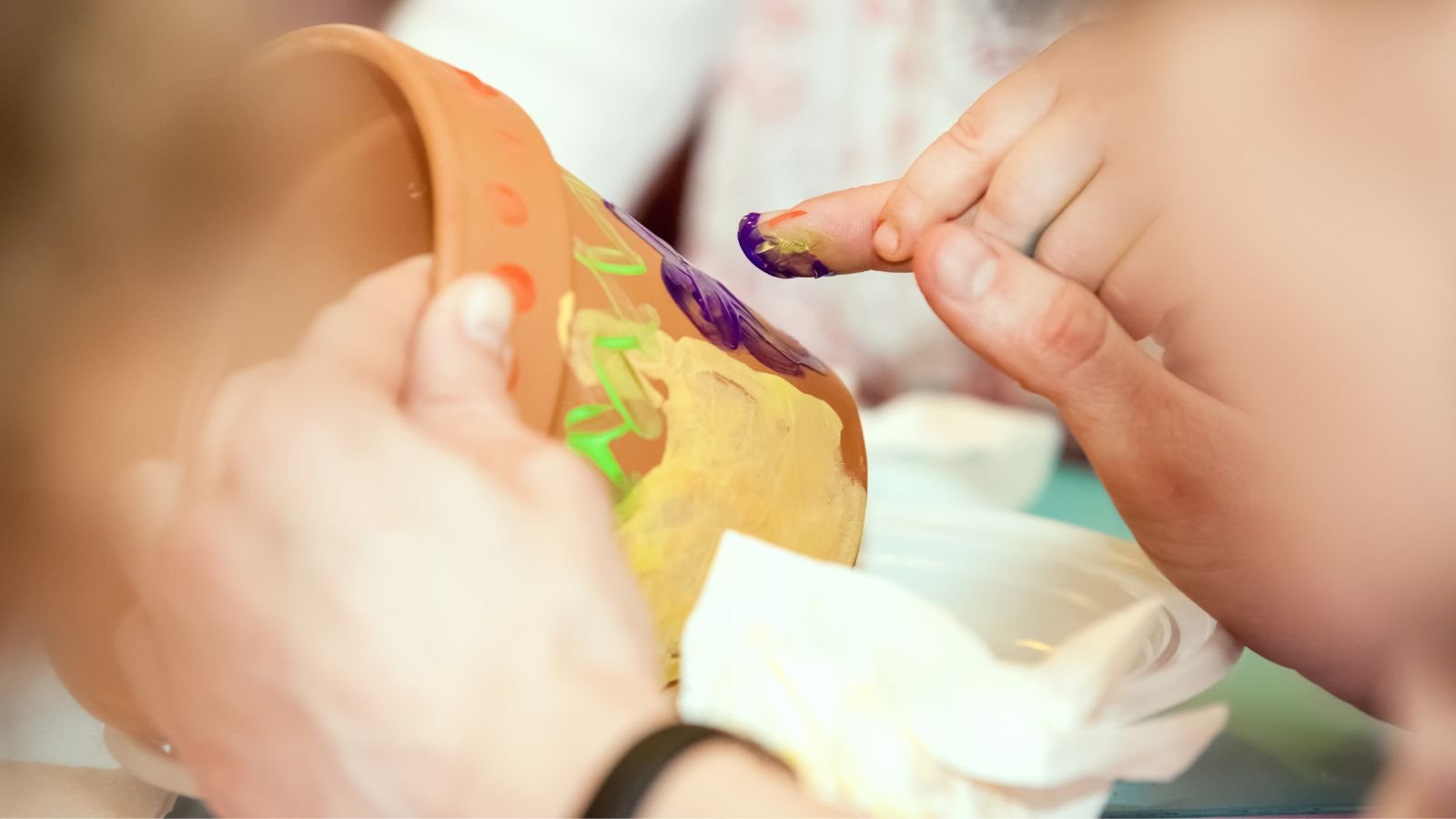Things to consider before entering the playroom…
Play Therapy can be unique and different then other experiences you may have had with general therapy. Thus, these helpful guidelines will assist in promoting the success of your child and family throughout this process.
Please know that the playroom has a variety of media that can be messy (e.g. easel paints, water-color paints, Play-Doh, clay, water, sand, etc.). Please dress your child in clothes that can tolerate mess or possible stains. In addition, if your child is allergic to any substance that falls into this realm, please let the therapist know in order that appropriate modifications can be made.
“I Played…”
While play is a natural, pleasurable activity for the child, children in Play Therapy are involved in playing out problems and emotional struggles and, therefore, at times, "playing" may not be so enjoyable.
Often when asked what the child did in Play Therapy, the child will typically respond, "I played." This would be similar to asking an adult in counseling what her or she did in the session, and the response being "We talked."
The play room is set up to be a safe place for the child to express themselves and process various things in their life. Like in adult therapy, a safe and accepting therapeutic relationship is key to the client’s success in therapy.
YOUR SUPPORT
Your support is vital to the Play Therapy process.
The following considerations REALLY help in facilitating a safe and healing relationship.
Remember a child may not be able to put their play into words. Updates regarding treatment goals and progress will be provided by the therapist.
Please don’t worry about your child behaving well or having to tell them to be “good.” Play therapy is a place where “bad” feelings can be let out and its important that the child must not feel they should keep them in.
If there is something you want the therapist to know, please tell them directly within a consultation time.
Exploring some difficult feelings is complex and not always linear. Assessment of progress will always be done in consultations. Behavioral challenges doesn’t mean play therapy isn’t working.







